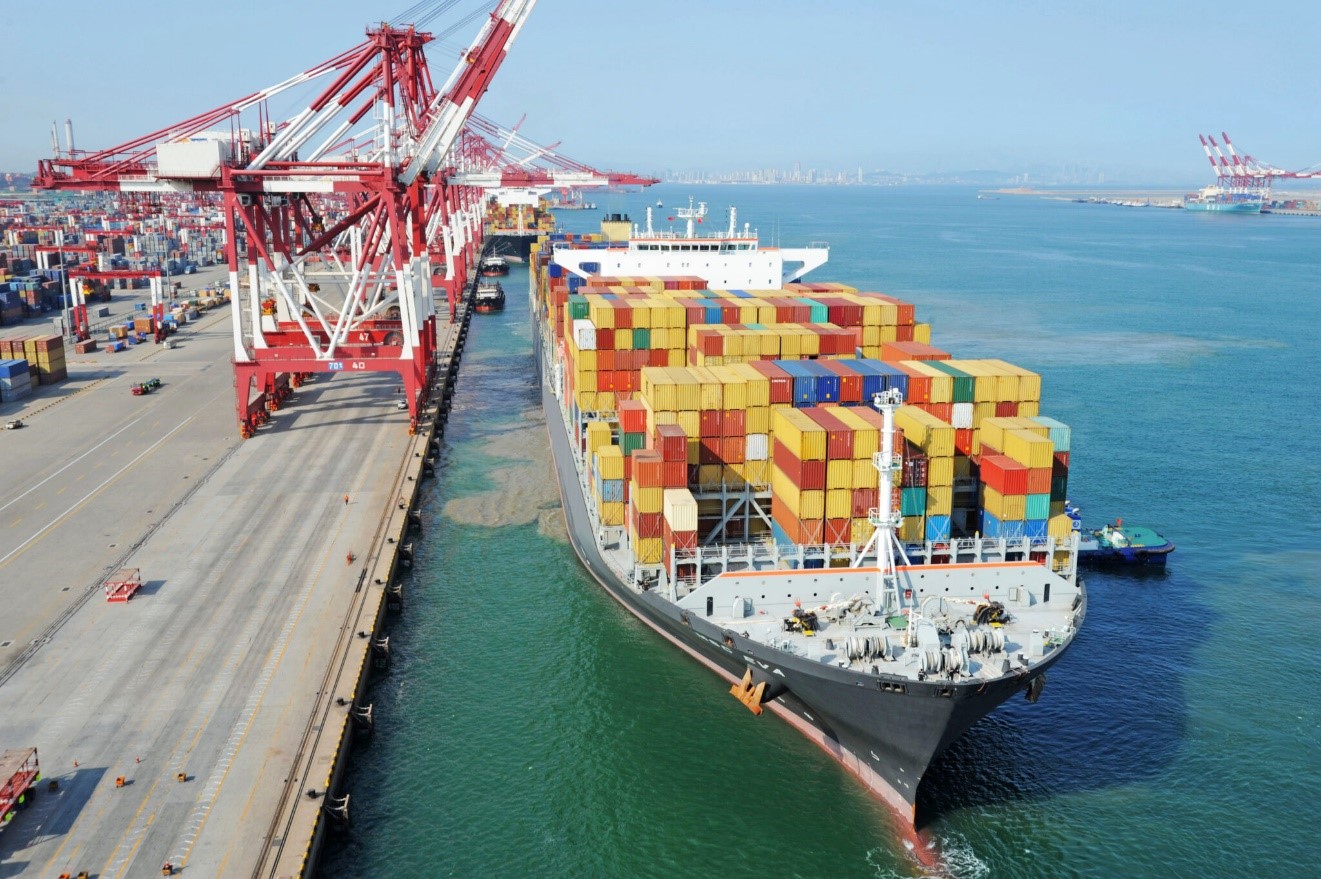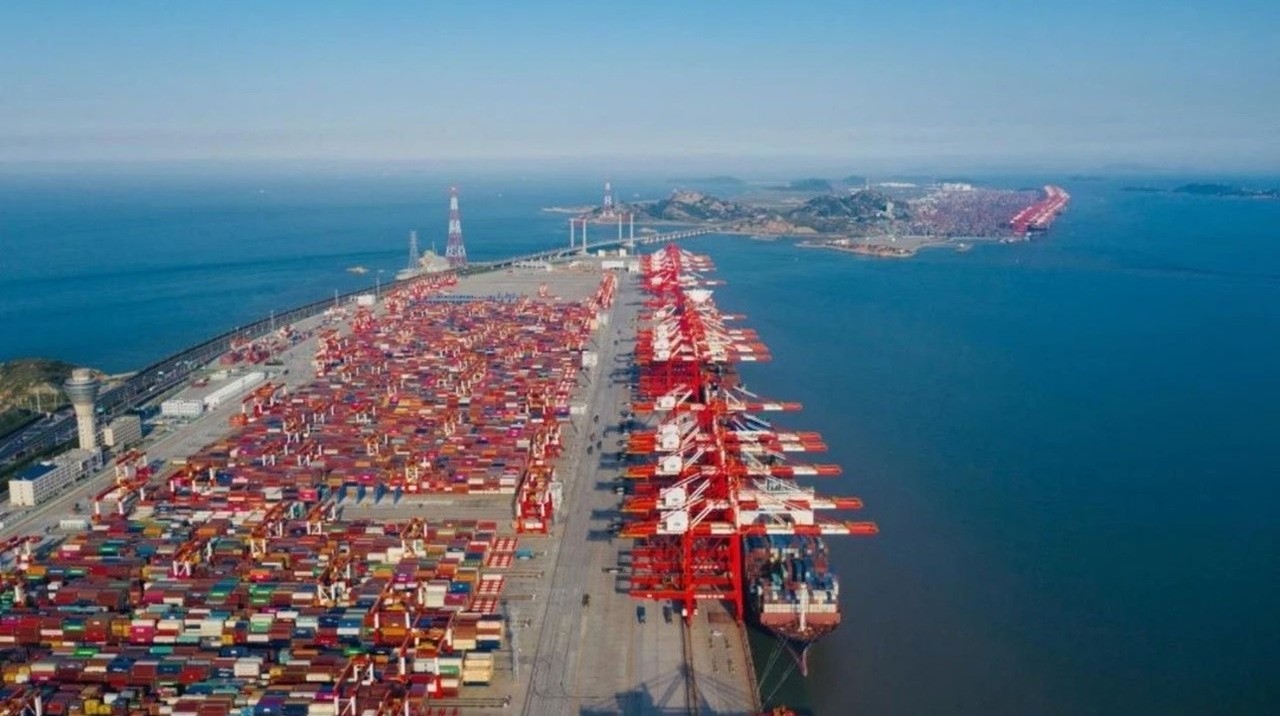
China’s Trade Flows Show Resilience In First Quarter Despite US Tariffs
China’s Freight Volume Growth Signals Resilience Amid Tariff Tensions
Recent data from China’s Ministry of Transport reveals that the country’s freight volume is growing at a faster pace compared to last year, with significant increases in container throughput. The first quarter of 2025 saw a steady start for China’s transportation industry, indicating positive economic performance.
In this period, China’s commercial freight volume reached 13.06 billion tons, reflecting a year-on-year growth of 4.9%, which is an acceleration of one percentage point from the previous year’s overall growth rate. Additionally, port cargo throughput amounted to 4.22 billion tons, marking a 3.2% increase. This growth includes a 4.1% rise in domestic trade and a 1.4% increase in foreign trade.
Container throughput also showed robust growth, reaching 83.03 million TEUs, up 8.2% year-on-year. These figures suggest that China’s trade flows are expanding steadily, despite rising U.S. tariffs, which have not yet disrupted shipment volumes, although economists caution about potential long-term growth risks.
Analysts warn that the ongoing tariff conflict may accelerate adjustments in China’s export structure as the nation seeks to reduce its reliance on the U.S. market. In a recent interview, U.S. President Donald Trump indicated a willingness to ease tariffs on Chinese imports, stating that the current tariff rates cannot remain indefinitely. He emphasized that a fair deal is necessary for continued business relations.
Trump has been critical of China’s economic situation, claiming it is “collapsing,” yet he has not lifted the tariffs. He noted that China is eager to reach an agreement, suggesting a potential shift in negotiations.
In response, China’s foreign ministry spokesperson Lin Jian addressed Trump’s comments, reiterating that the trade war was initiated by the U.S. and emphasizing China’s openness to dialogue. Lin stated that there are no winners in a trade war and urged the U.S. to seek negotiations based on equality and mutual respect, without threats or pressure.


